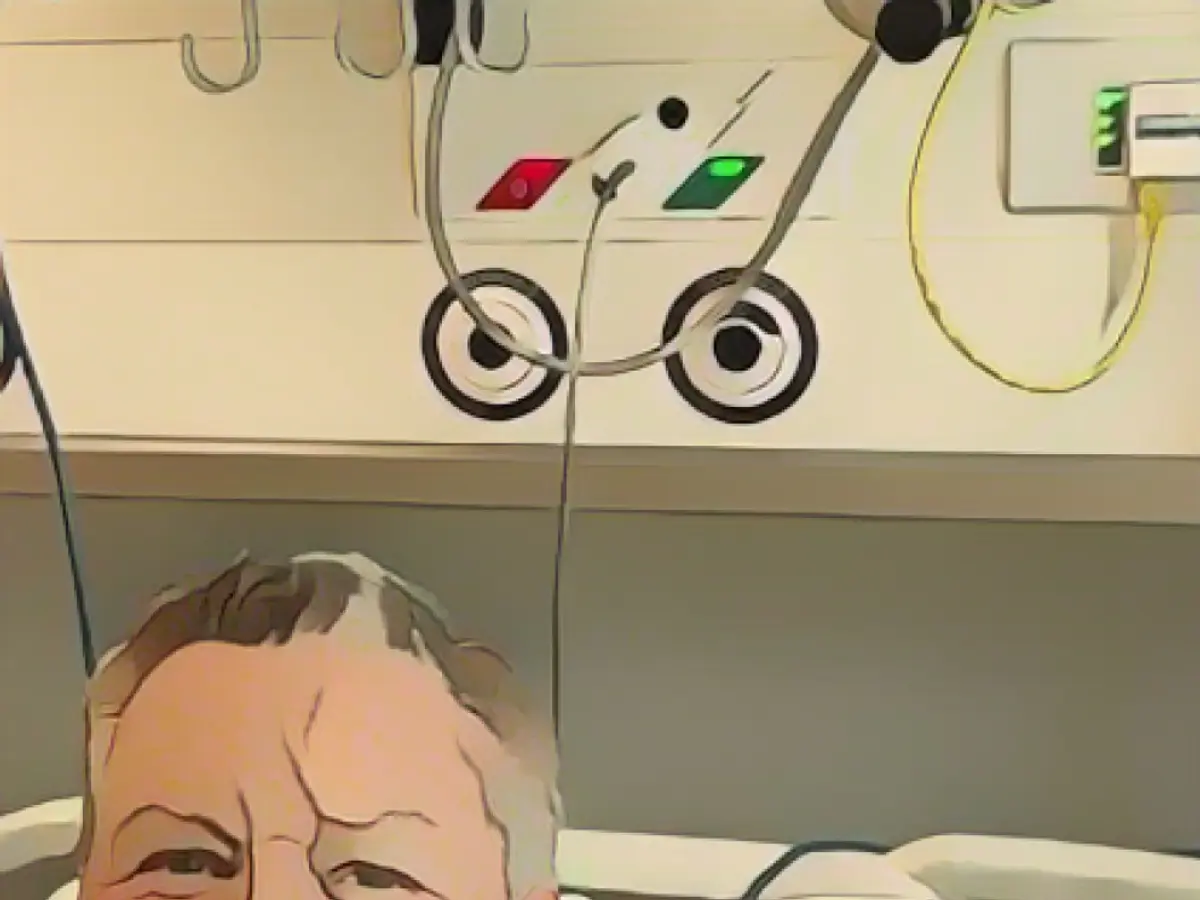Embracing proactive healthcare and early detection strategies is key to decreasing heart-related fatalities, such as heart attacks and strokes, in Germany. Following the lead of Health Minister Karl Lauterbach, the federal cabinet has devised legislative initiatives to enhance these efforts. The main objectives include targeting children, adolescents, and adults for specific examinations and treatments, with subsidies from health insurance providers.
It starts with children, identifying lipid metabolism disorders through the U9 examination, testing for excessive cholesterol in blood. Roughly 5,000 to 10,000 children per birth year may have these inherited disorders, which could lead to heart attacks at a young age if left untreated. Adolescents will be encouraged to undergo youth health examinations (J1) to focus on risk behaviors like smoking and to recognize emerging severe obesity, lack of exercise, or posture disorders.
For adults, existing health examinations will be expanded to incorporate screenings for cardiovascular diseases at 25, 40, and 50, along with cholesterol checks and coverage for cholesterol-lowering drugs if levels are high.
Health insurers have acknowledged the necessity of boosting prevention, but criticize the proposed measures, claiming they introduce unnecessary investigations. Opposition parties, like the CDU, suggest launching a campaign for more sports and nutrition, while members of the committee praise the efforts for their alignment with early detection and prevention goals.
Though Germany has experienced recent success in proactive measures, such as the "Initiative Herzklappe" for heart valve diseases awareness, and cardiac rehabilitation programs, the effectiveness of these initiatives can always be refined. Enhanced collaboration between the government, health insurers, and the public sector can play a crucial role in improving cardiovascular disease preventive measures.






